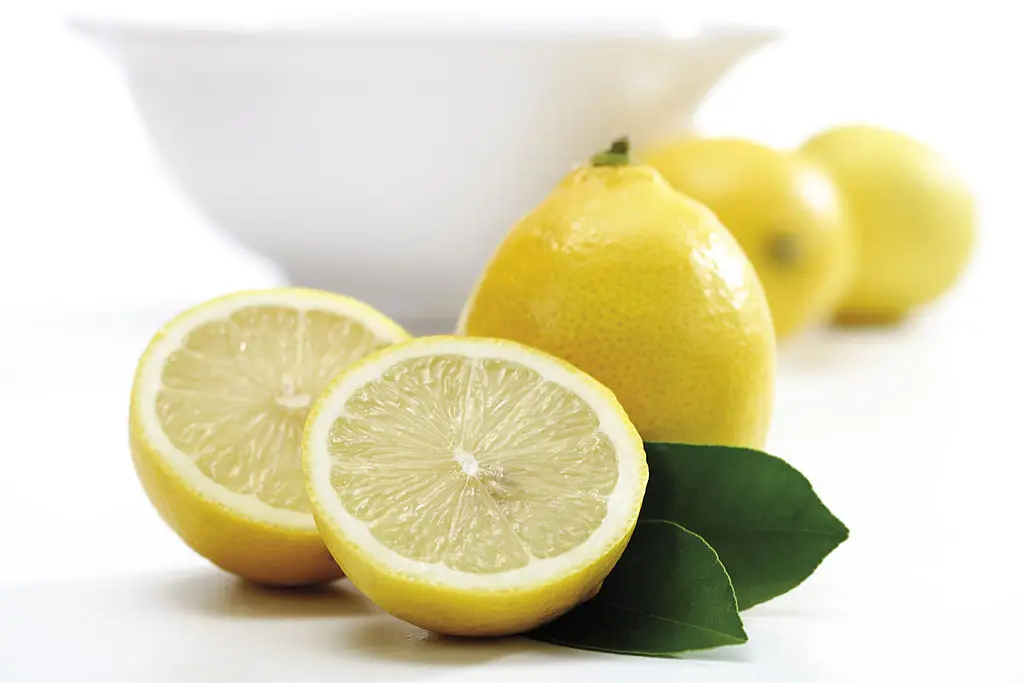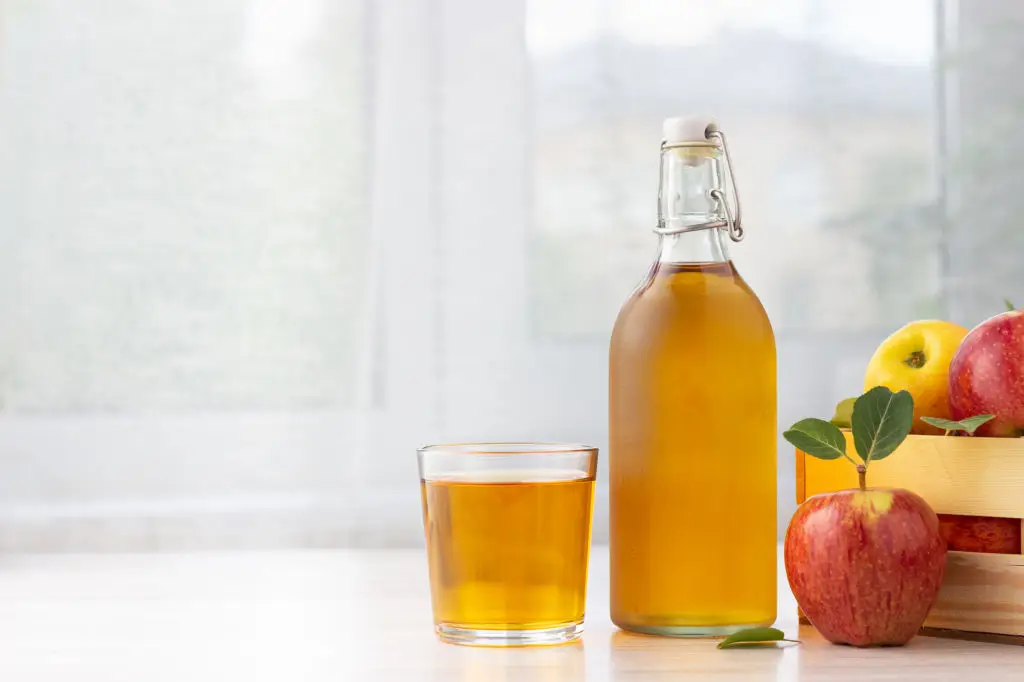12 Unexpected Foods That Fight Whole-Body Acidity
The idea that food can change your whole-body pH has become a hot topic. Science says blood pH stays tightly regulated. Still, what you eat matters a lot for digestive comfort and urine pH, and certain ingredients can help soothe the gut. This list highlights 12 surprising foods that many people find helpful for lowering digestive acidity or easing reflux-like symptoms. We balance what advocates say with realistic perspective, so you get practical guidance without overblown promises. Expect clear tips on how to use each food, gentle warnings where needed, and small swaps that fit daily life. The focus here is digestive ease and mineral balance rather than claiming to alter your blood chemistry. A common stat worth keeping in mind: roughly half of Americans report reflux or heartburn at some point. Age plays a role too—stomach acid production can decline for many people after their 30s and 40s, which changes how foods affect digestion. Work with your healthcare provider for persistent symptoms. For now, think of this list as a friendly, research-aware toolkit to try in your own kitchen.
1. Lemon

Lemon often looks like the enemy when reflux is on the table. Yet a small amount of lemon diluted in water can help some people. That's because lemons may stimulate digestive signaling and improve the stomach's ability to process food, which can reduce pressure on the lower esophageal sphincter for those with low stomach acid. Dr. Daryl Gioffre and other alkaline-diet advocates point out that very low stomach acid sometimes contributes to reflux, so a touch of acid ahead of a meal can be surprisingly helpful. Try a tablespoon of lemon juice in an eight-ounce glass of water before meals and notice whether reflux frequency changes. Keep an eye on tooth enamel by drinking through a straw and rinsing with plain water afterward. If you have active esophageal inflammation or known citrus sensitivity, skip it and try other items below. Ultimately, lemon is best thought of as a modest, targeted tool—use it cautiously and observe how your body responds.
2. Apple Cider Vinegar (ACV)

Apple cider vinegar gets attention for many reasons, including claims that it helps digestion. Like lemon, ACV is acidic on its own but some people find that a teaspoon or two diluted in water before eating eases reflux symptoms. The idea is similar: supporting digestion when stomach acid is low can reduce backflow into the esophagus for certain individuals. Use one teaspoon to one tablespoon in an eight-ounce glass of water, taken 10–15 minutes before a meal, and track any symptom changes over several days. Be careful of enamel erosion and avoid undiluted ACV. Also check with your pharmacist if you take potassium-lowering or diabetes medications, because vinegar can interact with some drugs. ACV is not a cure-all, but in small, diluted amounts it may be a helpful, inexpensive experiment for people seeking gentle digestive support.
